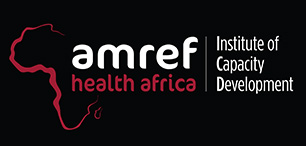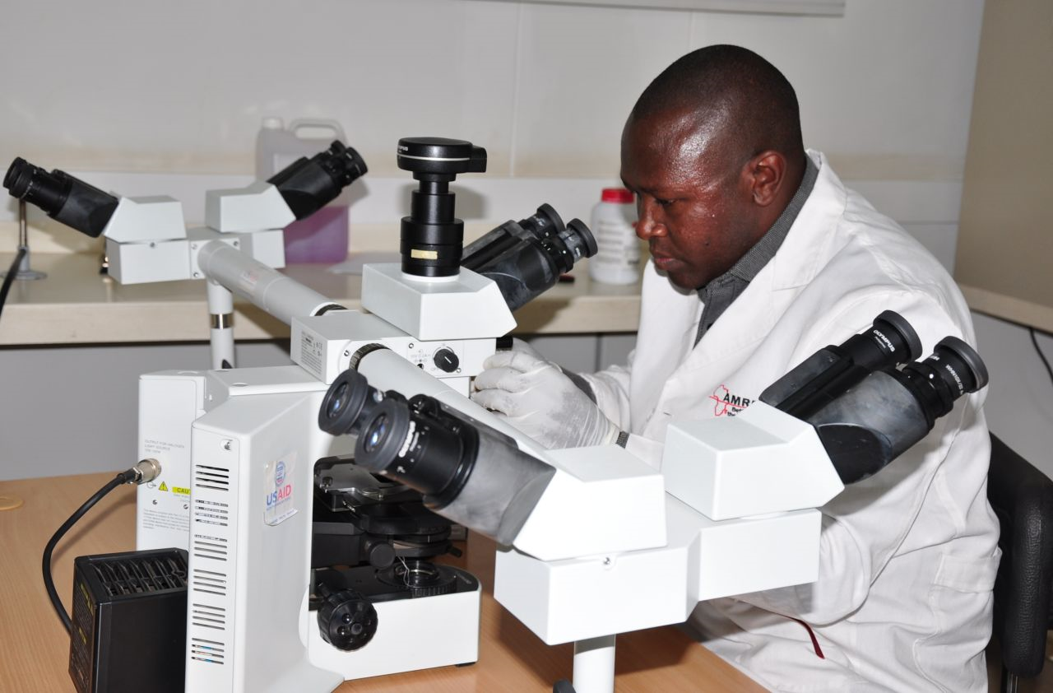Laboratory confirmation of malaria infection is an essential component of fever case management, and should be provided at all levels of healthcare to ensure correct patient management, and minimise the use and cost of anti-malarial treatment drugs. The Global Technical Strategy for Malaria 2016–2030 was adopted by the World Health Assembly in May 2015 with the aim of achieving a malaria-free world by 2030. To achieve these goals countries must adopt policies and practices that improve the quality of malaria diagnosis. Improved quality of laboratory-confirmed diagnosis of malaria will retain the confidence of clinicians in laboratory results, leading to improved case management and appropriate use of antimalarial drugs.
It is recommended that participants planning to take the WHO AFRO/Amref Health Africa External Competency Assessment of Malaria Microscopists (ECAMM) course first take the Refresher Training Course in Laboratory Diagnosis of Malaria to be adequately prepared for the ECAMM course.
By the end of this course, you should be able to:
- Improve the quality of malaria microscopy and essential malaria diagnostic procedures, including use of malaria rapid diagnostic tests (RDT)
- Ensure malaria diagnostic services are manned by competent and motivated staff.
This course is conducted by Amref Health Africa’s Regional Laboratory Programme and is held at Amref’s Central Laboratory, Nairobi, Kenya. Alternative locations are considered on request.
The course is held on request, usually before an External Competency Assessment of Malaria Microscopists (ECAMM) course.
Participants should be laboratory technologists, laboratory technicians or pathologists working mainly in the malaria or parasitology sections of medical diagnostic laboratories. A maximum of 15 participants are accepted per course due to its practical nature and need for personal instruction.
This one week intensive and interactive course will have a minimum structured time of 35 tutor contact hours, consisting of lectures, presentations and discussions, laboratory practice and slide review, and demonstrations. Daily sessions will be 2.5 theory hours and 4.5 hours for practical sessions in preparing and staining of blood films, reading pre-prepared, well-characterized slides and preparing and interpreting malaria RDT.
USD 1400 per person covering the following:
- USD 710 for tuition fees which includes: provision and maintenance of slides from the slide bank, training materials, facilitation and coordination, laboratory supplies, and use of equipment and training facilities
- USD 90 for lunch, tea and snacks – this cost is added to the tuition fees for Nairobi-based courses
- USD 600 for accommodation, dinner, local transport and incidental costs for Nairobi-based residential participants.
For more information, click here for the course information worksheet.
Want to know more about this course? Reach out here

